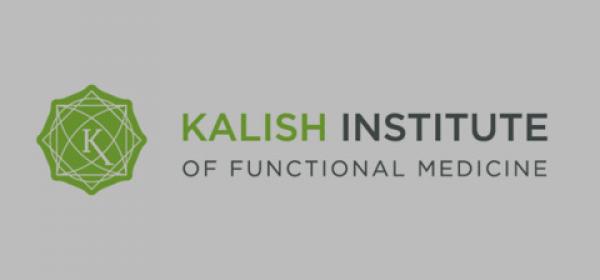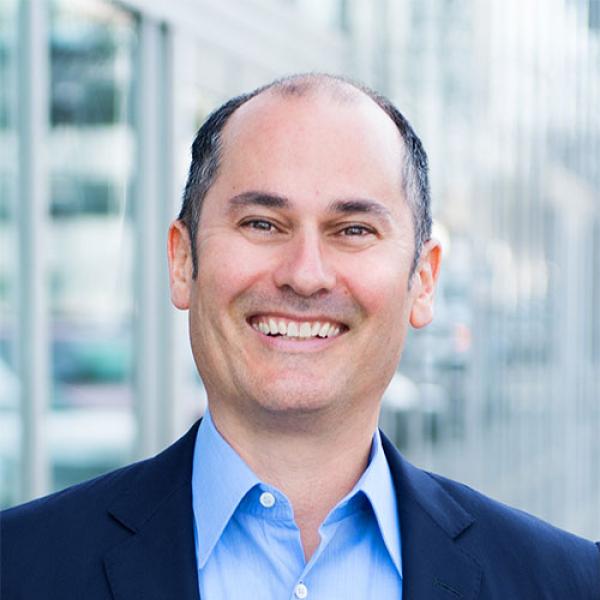
Functional medicine treatment encompasses a wide range of modalities. You’ll find some disagreements. However, there is a general consensus on what are the core areas that make up a well designed functional medicine treatment plan. First and foremost are lifestyle changes. This means the patient has to do something on their own. Change their diet, start to meditate, start to exercise, get to bed on time. Those are the big ones. Functional medicine is patient centered at its core and puts itself at odds with conventional medicine which is centered around the actions of a physician. Education as to what lifestyle changes will help the most is what a functional medicine doctor “prescribes”. It’s green leafy vegetables instead of an anti-hypertensive medication. Walking an hour every day instead of taking a sleeping pill.
When I think about what functional medicine treatments center around, the second thing that comes to mind is the emphasis on what is often referred to as the therapeutic encounter. This is a way of saying how your doctor behaves and how they treat you really matters a lot. I can remember my first awesome “therapeutic encounter”. It was with an MD in Sante Fe, New Mexico in 1980 and I was 16 years old. I had a lump on my leg and he needed to cut it out. It was tiny and it wasn’t any kind of a big deal in terms of medical procedures. However, this guy talked to me, he asked me questions about my health history, he laid out a chart of both my parents and their parents health histories. He had great “energy” and was clearly a healer first and foremost. Just being in his presence made me feel better. And he taught me a lot about my family history and what I should be on the lookout for in terms of risk factors for future diseases. All of this took about 15 minutes and it left a life-long impression on me and has guided my understanding of my genetically based disease risk factors up until this day. That was a “therapeutic encounter.”
Doctors can do the opposite too. If they themselves are in a rush, overly stressed, not that healthy or just rude and unpleasant people then the therapeutic encounter can go bad. The lift we get in human to human contact can make or break many treatments. The mere act of handing a patient a prescription for an anti-depressant gets approximately 40% of patients better whereas the anti-depressant drugs alone, without the nice doctor part, get results in 8-12% of cases. With the example of depression the placebo effect as we call it works 3 to 4 times better than the actual drugs! Not to denigrate the power of medications, but this certainly places the real value of the therapeutic encounter where it should be, as a front line treatment for conditions as difficult and intractable as depression. This effect is not strange or bad, that’s the power of healing at it’s finest, person to person. In Buddhism they refer to this as transmission. Your enlightened Buddhist monk/teacher person can teach you true, deep and meaningful lessons just by sitting in front of you and emanating that truth. We pick this information up and it creates real physiological change, just like a drug or herb can. Doctors at their best are healers and functional medicine treatments play to this age old dynamic.
I’m a strong proponent for the other aspects of functional medicine including lab testing to identify the underlying causes of a health crisis when the lifestyle changes aren’t enough to make significant changes. Natural remedies based on lab data are to me the pinnacle of functional medicine and where functional medicine treatment varies from other natural medicine techniques. Alternative medicine practitioner training in this area is varied, you may have an MD or DC or ND or DO that offers the same alternative remedies all under the rubric of functional medicine treatment. Alternative treatments can include acupuncture or Chinese herbal treatments mixed in with your natural remedies based on a functional medicine assessment. You might have some practitioners that offer primary care services and others that offer chiropractic adjustments, all along with the natural remedies brought to light based on functional medicine lab tests.
Natural and alternative remedies within the functional medicine model can be based on a wide range of lab tests. I’ll briefly mention just the basics. GI health testing is common including analysis of the microbiome, GI organ function and GI pathogens. Nutrient evaluation also ranks high, looking at essential fatty acid levels, amino acid levels, anti-oxidants, vitamins, minerals and metabolic function markers. Hormone tests for thyroid hormones, adrenal hormones and sex hormone levels are common. More advanced testing may look for Lyme disease, mold exposure, chemical and heavy metal toxins and there are highly specialized tests that look at advanced cardio-metabolic markers, tests for cognitive decline or brain health and of course genetic screening tests are extremely popular these days.
What does all this mean functional medicine can treat? Well the theory goes that in functional medicine we don’t “treat” diseases at all. We restore normal body function and normal physiology and from those corrections many common symptoms and diseases improve. If I look at the range of new patient paperwork I see in my practice and in my training programs each week I can easily report what are the very common conditions that lead patients to seek functional medicine treatment. They include, in no particular order: fatigue, depression, anxiety, brain fog and memory problems, at the extreme end of brain or neurological related conditions you will find functional medicine doctors that specialize in treating autism and cognitive decline including Parkinson’s and Alzheimer’s.
We often see hormone related issues resolve with functional medicine including low sex drive, low energy, for women hot flashes and night sweats, many clinics in functional medicine specialize in fertility treatments. Body pain, fibromyalgia type conditions and most if not all of the autoimmune illnesses often present in functional medicine clinics. Food allergies, ADD, ADHD, IBS, IBD, Crohn’s, Ulcerative Colitis, gastritis, ulcers, heartburn are all super common complaints. Chronic anything, chronic fatigue, chronic headaches, chronic pain, especially when non-responsive to conventional treatments. Children with problems, older adults, people in their 20’s, we see patients from all ages and all walks of life. What functional medicine doesn’t treat may be equally important. Acute conditions such as broken bones, heart attacks, gall bladder attacks, anything requiring immediate surgical attention or immediate medications to save lives, all these urgent care and emergency type problems are never seen in a typical functional medicine office. Some but not many functional medicine doctors treat cancer patients, most often not as the sole provider but as a team member working with a conventional oncologist. Functional medicine requires lifestyle changes so most of the time people unable to make lifestyle changes are not good candidates.
While most all functional medicine patients have one or more chronic health conditions my vision for functional medicine is that we can best use these amazing techniques to prevent the onset of disease. For example, if your father is experiencing advanced cognitive decline, it would be great to run some labs and see if there are any preventive actions you could take now to reduce your risk of developing the same problem. If we could apply the lessons learned treating chronic illness to a healthier patient population then functional medicine could become an important tool in the clinicians toolbox for not only reversing but preventing the onset of many common conditions.

